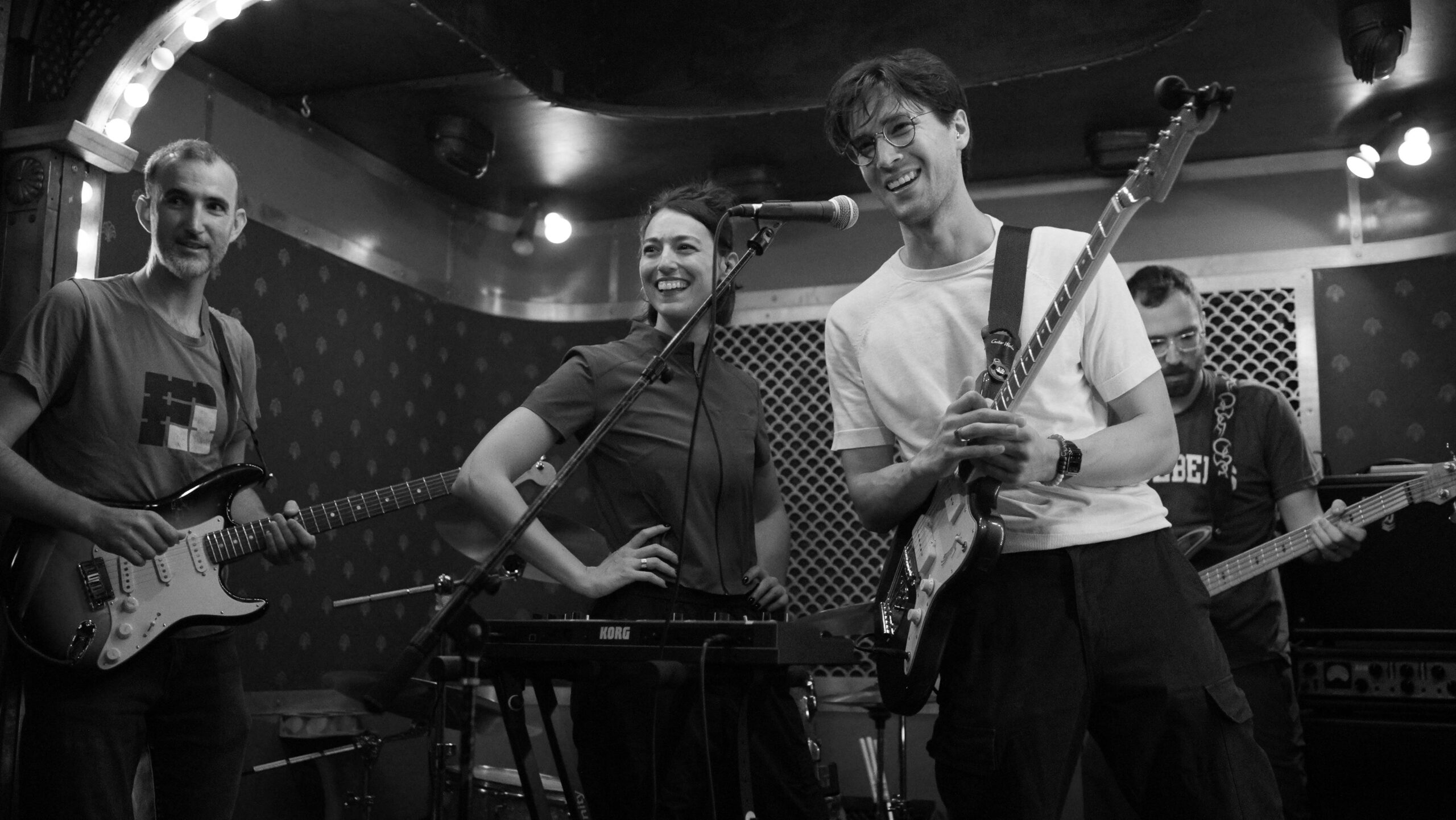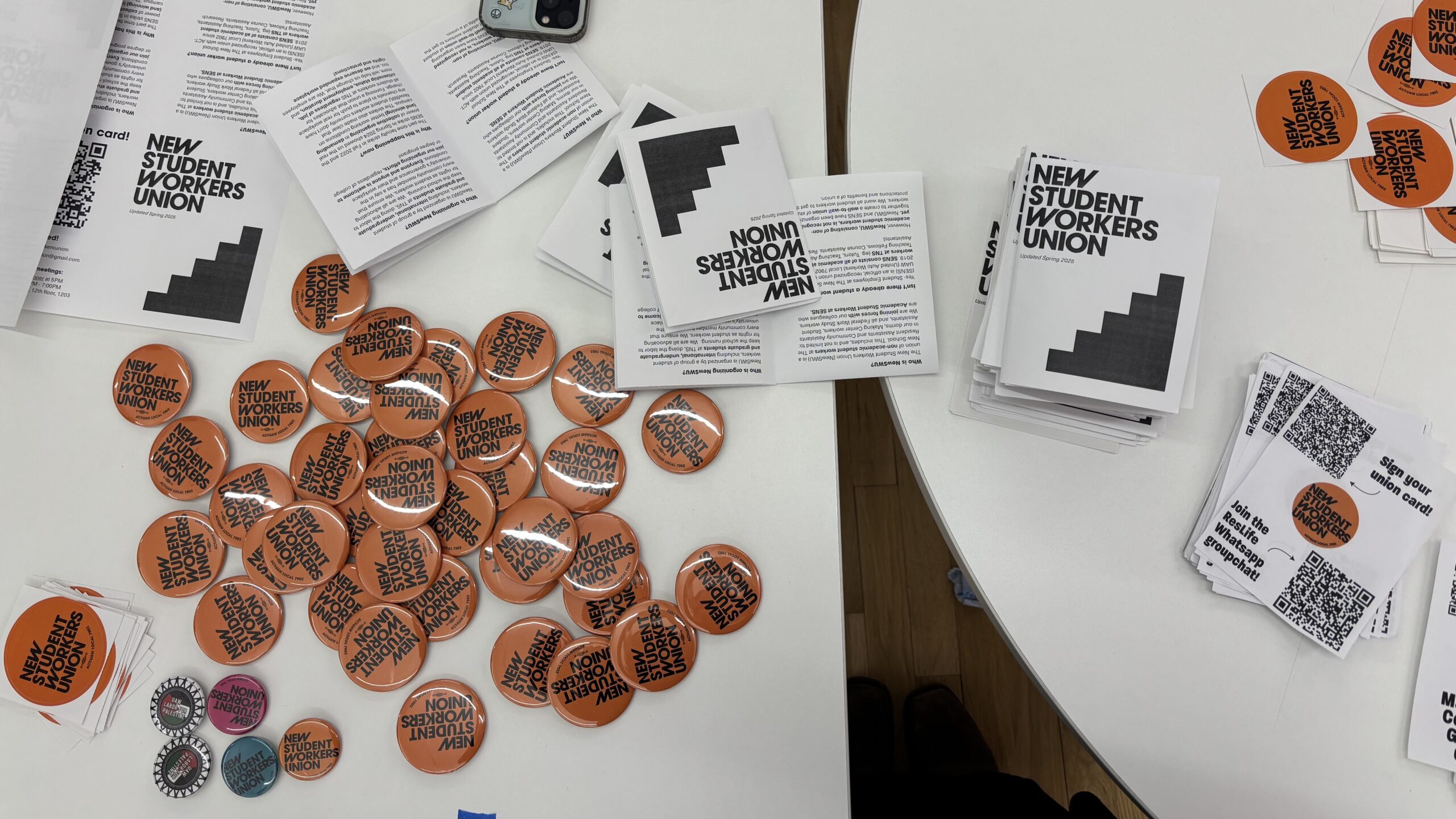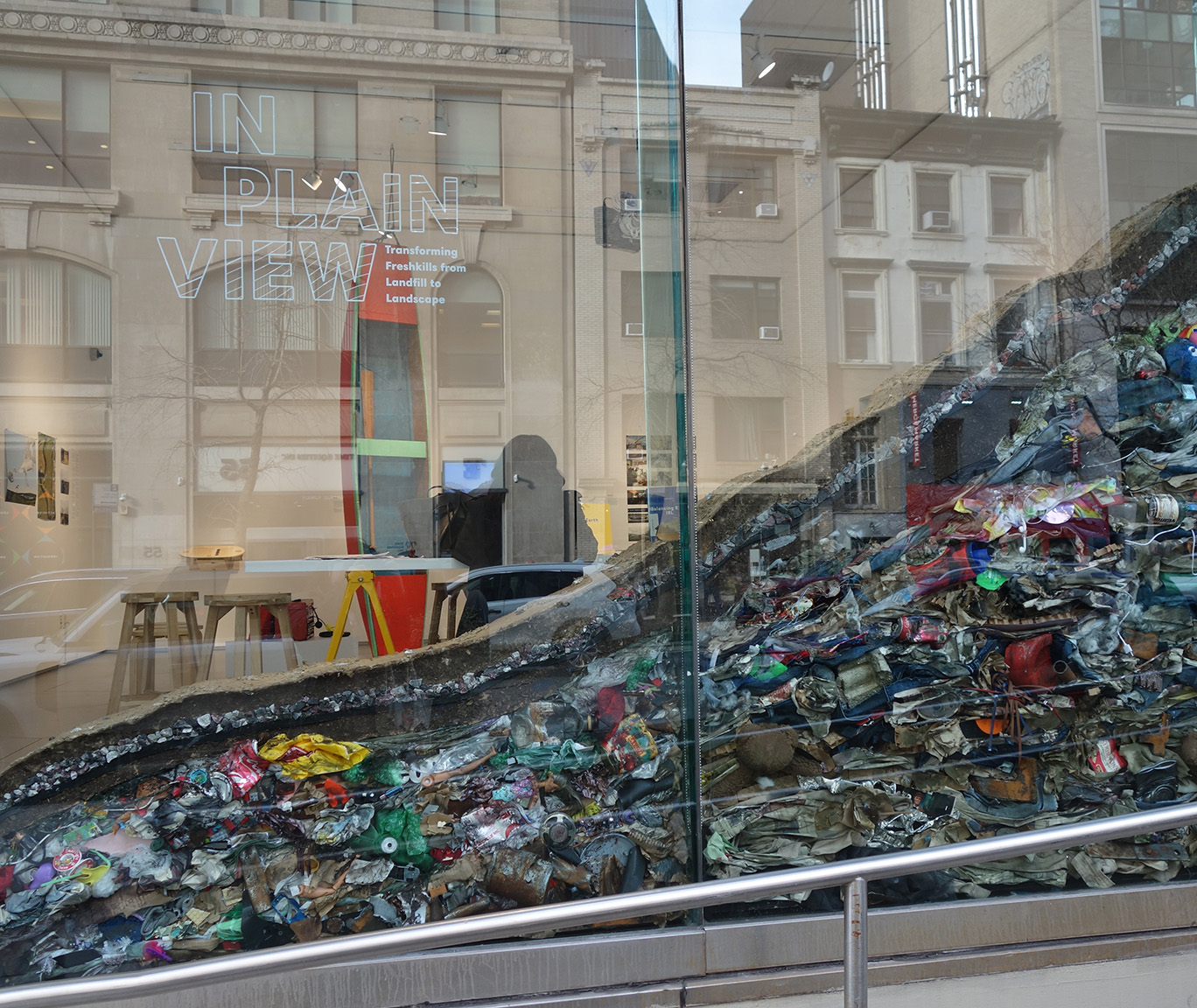New School President David Van Zandt faced a barrage of questions and concerns from graduate students at the New School for Social Research on Tuesday night, appearing alongside NSSR Dean Michael Schober at a town hall meeting organized by the Graduate Faculty Student Senate.

Before a crowd of roughly 50 people gathered in the Wolff Conference Room at 6 E. 16th St., Van Zandt and Schober took turns responding to numerous questions raised by students regarding The New School’s finances, resources allocated to NSSR, and administrative transparency. Van Zandt spent much of the time reiterating the fiscal challenges that the university faces, an issue which related to many student concerns regarding the financial support granted to graduate and Ph.D. programs at NSSR.
“The financial situation is not where we want it to be,” Van Zandt said, acknowledging that The New School had not met its planned rate of enrollment growth this academic year, which has resulted in a 5% shortfall in the annual budget. He said that the university would keep “tuition as low as we can, while making cuts on the expense side,” in an attempt to strategically manage its economic situation.
Many students expressed frustration that Van Zandt’s administration has not done enough to assist a division that, in the wake of ever-rising tuition costs, has suffered from increasingly limited resources — including a stagnating number of teaching fellowships and teaching assistant positions available. NSSR student Dan Boscov-Ellen asked Van Zandt if he would be “willing to take a pay cut to the ‘poverty wage’ of $400,000 a year,” from his currently salary of allegedly $1.4 million annually, in order to help fund more TA and TF positions.
While Van Zandt did not directly address Boscov-Ellen’s question, he and Schober did spend time discussing the organizational structure at NSSR. One issue was the student-to-faculty ratio, which relates the number of students in NSSR programs to the number of faculty teaching those programs.
“We need to make sure that ratio is improving over time,” Schober said, adding that “even if we had a lot of money I would still say we should reduce” the number of graduate and Ph.D. students at NSSR, in order to ensure the quality of the academic resources available.
Perhaps the most pressing topic of the evening was institutional transparency, with concerns including the lack of student involvement in the university’s decision-making processes. One NSSR philosophy student said he felt that “there appears to be a very thick barrier between us and the committees that make these decisions” within the administration, a sentiment echoed by others in the room.
Though the GFSS organized the town hall meeting to create a more open dialogue with the administration, many seemed visibly unsatisfied with the answers provided by Van Zandt and Schober.
NSSR student Marianne LeNabat told Van Zandt that while she believed he has “good intentions; you just want to run a good university,” she also took issue with the fact that the president remained evasive. “Every student did their homework before coming here, and you’re just giving us obfuscation,” she added.
The line of questioning from students was often pointed and direct but the conversation always remained civil and courteous, ending with a round of applause at 9 p.m.








Leave a Reply